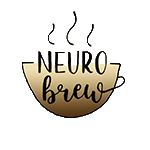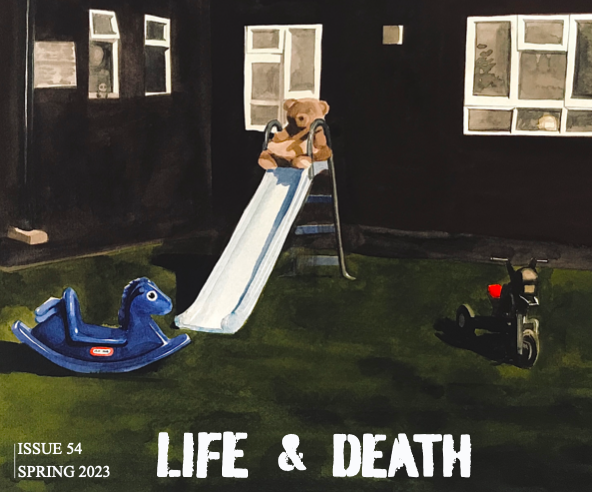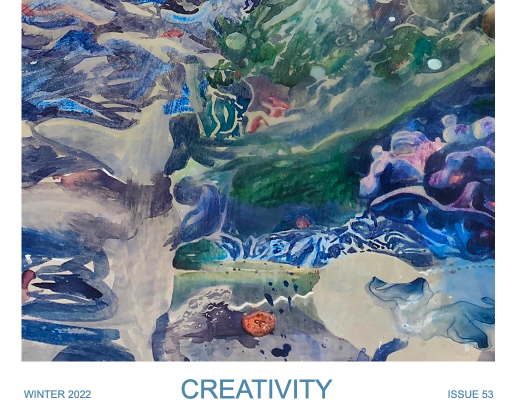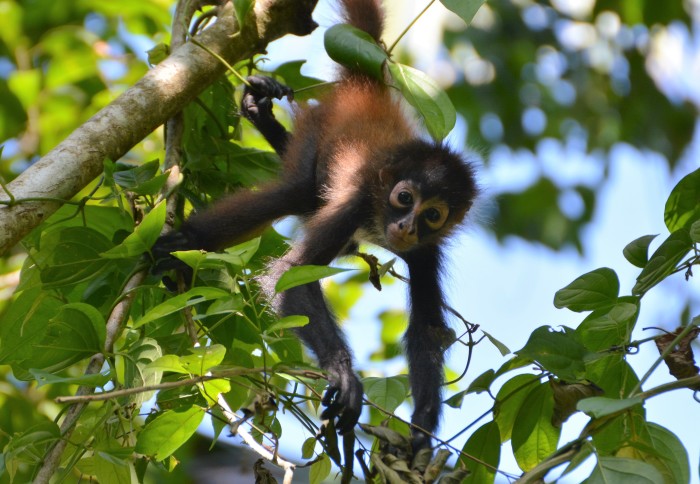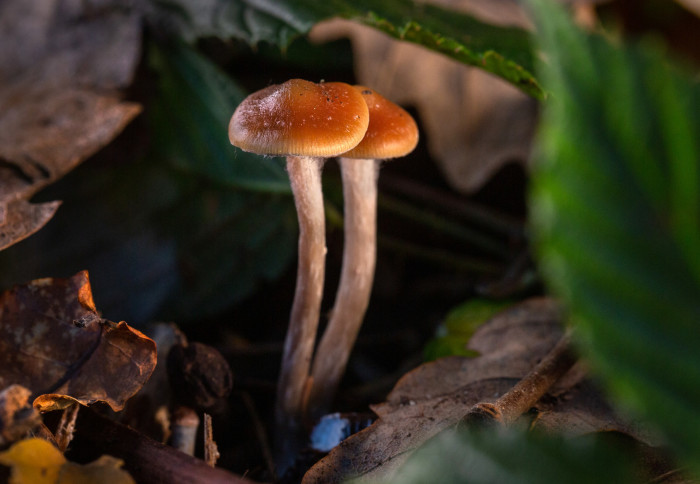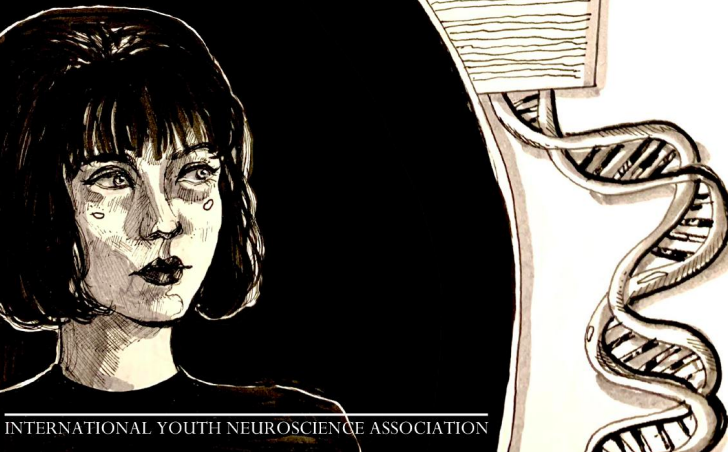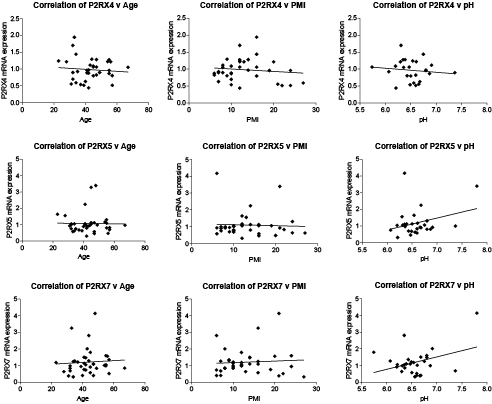QS Insights Magazine
Domestic concerns over US election results
There are early warning signs that a Trump presidency could pose a threat to some of the most vulnerable students as well as university research funding.
From Science Diplomacy to Knowledge Diplomacy
The role of higher education in a new geopolitical era.
Rising xenophobia and racism in UK’s higher education science
After anti-immigration riots swept across the UK and with international students making up nearly a quarter of the student population, how should universities respond?
Communicating science
How can science communicators and universities can work together to make science a shared experience?
The price of innovative science
Novel research directions are declining on a global scale; with ongoing concerns over funding and peer-review alongside new challenges with ChatGPT’s use in science, who’s to blame?
I,Science Magazine
Peering inside the dying brain
Have you ever wondered what happens in our brains during the final moments of our lives? From a riveting retelling of a near death experience to new research inside the brain moments before death, you will learn all about current streams of thought on this centuries-long mystery – but a mystery it remains.
Located on pages 18-19
Have scientists figured out how to reverse aging?
In a groundbreaking, decade-long international study published in Cell earlier this month, researchers discovered a driving factor of what causes us to age and were able to manipulate it in order to reverse certain hallmarks of the aging process in mice.
The neuroscience of creativity: are creative geniuses born or made?
Imperial College London News
Imperial researchers team up with NASA to launch new citizen science study
The cosmos is roaring with activity produced by the fourth state of matter – and now we can listen to it.
Silencing the symphony of one of the most biodiverse rainforests on the planet
A new study measuring biological sounds reveals how palm oil and teakwood industries contribute to deforestation and threaten wildlife in Costa Rica.
Six amazing scientific achievements at Imperial in 2022
From exploring magic mushrooms to answering COVID-19 questions, here are some of Imperial’s biggest findings this year.
International Youth Neuroscience Association Journal
Ketamine: the growing role of psychedelics in psychiatry
After initial investigation of psychedelics in medicine in the mid-1900s, this class of drugs became controlled substances due to their high potential for abuse. All experiments were then halted for decades. However, in recent years, research on psychedelics in psychiatry has re-opened. A variant of ketamine, which is a hallucinogen, was approved by the FDA for the treatment of depression in 2019. Other hallucinogens are also being investigated in a number of psychiatric disorders.
Schizophrenia - Nature
Altered purinergic receptor expression in the frontal cortex in schizophrenia
– I was primarily responsible for the qPCR data collection and analysis of purinergic receptor expression in human brain tissue
– Results: The expression of P2X5 and P2X7 were significantly increased in the brains of schizophrenia patients, thus implicating a potential role of the purinergic system in the disease framework of schizophrenia
